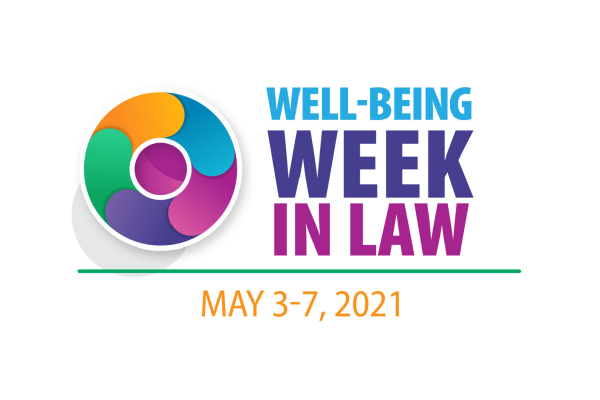Anxiety is common in the legal profession. Whether you suffer with anxiety disorder or just want to manage your experiences with anxiety more effectively, a few techniques can help.
It can be hard to distinguish what is unhealthy and unhelpful anxiety from healthy and helpful fear. While they share physiological effects, you can discern between the two based on the fruit they bear in your life. When you fear a real threat — i.e. a direct and immediate risk to your safety or health — your protective response makes the fear diminish and produces a healthy outcome. When you’re not facing a real threat, a protective response will cause your anxiety to grow and produces a debilitating outcome. Find more on how to recognize the difference between fear and anxiety in this post.
Lawyers, law students, and judges in Massachusetts can schedule a Free & Confidential appointment with a licensed clinician for help with anxiety, including diagnosis. Find more on scheduling here.
Practicing mindfulness can be one of the most effective tools to start gaining control over anxiety. When you pay attention to the present moment, intending to be curious and nonjudgmental, your focus is ready to recognize anxiety and reject it. Practicing mindfulness is always easier said than done — but it also gets easier over time, no matter how short your attention span is when you begin. Find Mindfulness Essentials for Lawyers and Law Students here.
From there, use these tips in previous posts from Dr. Shawn Healy to help you flip the script on anxiety as needed:
- Cheat. Anxiety wins at its own game. To reclaim your power, you need to stop playing by anxiety’s rules and change how you respond each time you feel anxiety. Find more on changing your perspective on feared outcomes here.
- Just Wait. Exposure Response Prevention is a technique that involves discomfort — and you do nothing actively to try to make it feel better. Instead, you’ll observe your anxiety level as it changes through a sequence of exposures to an anxious thought — spiking at first, and likely diminishing consistently thereafter as your brain recognizes that you’re surviving anxious thoughts. Find more on how to practice ERP here.
- Learn to Surf. Surfers know they can’t control mother ocean — they focus on how to respond to her waves. It’s critical to be able to recognize the difference between what you can and cannot control. Find more on directing your energy toward things you can control here.
- Practice Improv. Improv can help you get more comfortable handling challenges without preparation to increase healthy risk-taking. Find more on how to start with the foundational technique known as “Yes, and…” here.
- Beat it to the Punch. Make the mistake. On purpose. Find more on using your power to get comfortable with failure here.
- Fear of failure is a common source of anxiety for those in the legal profession. Perfectionism is debilitating to any career. While lawyers need to pay close attention to detail and to meet professional ethical standards, you can’t have a successful career without making mistakes. You can be as committed to quality as any perfectionist — without the anxiety, which can end up distracting you from the very quality you’re worried about. Find more on how lawyers and law students can learn to accept failure here.
Related Resources:
5 Ways to Handle Anxiety Disorder (Attorney at Work, 2021)
Procrastination: When It Can Help Creativity and When It Can’t (LCL MA Blog, 2021)
. . .
This post was updated




